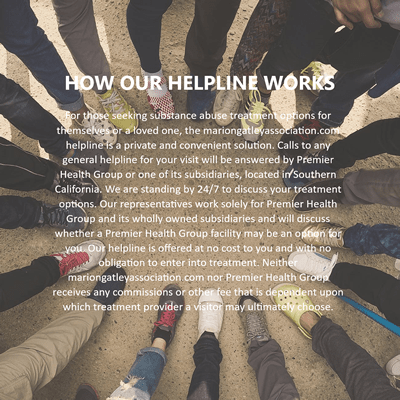When someone develops a drug addiction, it can negatively impact all aspects of their life, including their close relationships. Maintaining a healthy relationship with a friend or family member who has a substance abuse problem can be extremely difficult. Sometimes, the desire to take care of the drug addict can lead you to deny how serious their problem is, thus preventing the addict from entering into an addiction recovery program.
An enabler is a person who helps a person continue to abuse substances by helping them avoid the negative consequences of their behavior. It can be difficult to tell when you’re helping someone with a problem or enabling them. Here are five signs that you’re enabling someone with a drug addiction.
- Giving Them Money
Drug addictions are expensive, and one of the major ways you can enable an addict is by providing financial assistance. Your loved one may ask you for money without being clear what they need it for, or they may lie and say it’s to pay for food, bills, or rent. By lending them money, you’re only helping them maintain their destructive habits.
- Lying for Them
If your friend or relative is acting irresponsibly due to their addiction, you may want to protect them from negative consequences and end up lying on their behalf. For example, if someone misses work because they’ve been on a drug binge, you may call their boss to say they’re sick, or if someone misses a family gathering, you may offer excuses about where they are.
- Taking on Their Responsibilities
A person with a drug addiction may not be able to complete daily tasks or look after their own home. If you silently agree to handle their responsibilities for them, you may be enabling their behavior. One example of this is when a parent takes over all of the childcare because their drug addicted partner is unable to participate.
- Emotionally Enabling Them
Drug addictions can be caused by a variety of complex factors, and they can be stressful for the addict. Wanting to express sympathy for a loved one is natural. However, when you agree with them that others are to blame for their behavior, it can be dangerous. You should encourage your loved one to enter a drug rehab center where they’ll have the chance to work through their feelings with a professional therapist.
- Ignoring Health Issues
Both long-term and short-term drug addictions can lead to a number of health problems. An enabler may try to help a drug addict with their physical problems while ignoring the broader issue. If you have a loved one with a substance abuse problem, you need to recognize that they’ll be best looked after by a professional at a substance abuse treatment facility.
Enabling a drug addict can encourage them to think that their dangerous behavior is acceptable. Although you may be driven by the urge to help someone in the short term, you need to help them see the long-term damage they’re doing to themselves as well as you. At a drug rehab center, they’ll be able to stop their physical dependency on drugs while also working on the emotional issues underlying their addiction. An addiction recovery program can also aid family members in rebuilding their relationships with the former addict.
If these five signs seem familiar to you, you may want to talk to your loved one about finding a substance abuse treatment facility. By recognizing the signs of enabling, you can take an important first step in ending the behavior that is unhealthy for both of you. Please call Intervention Drug Rehab today to set up a consultation.



